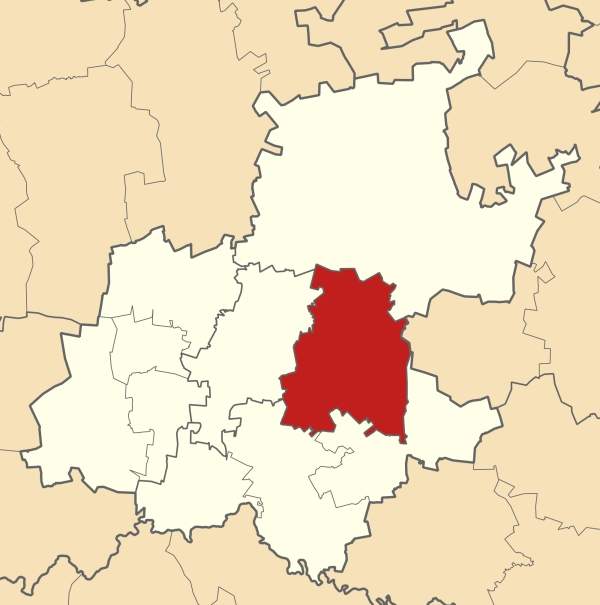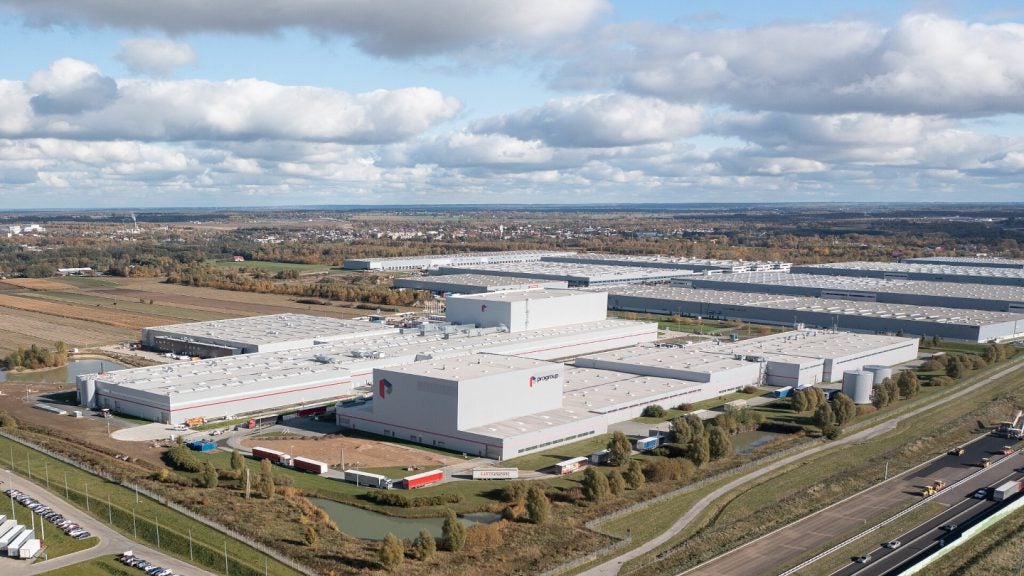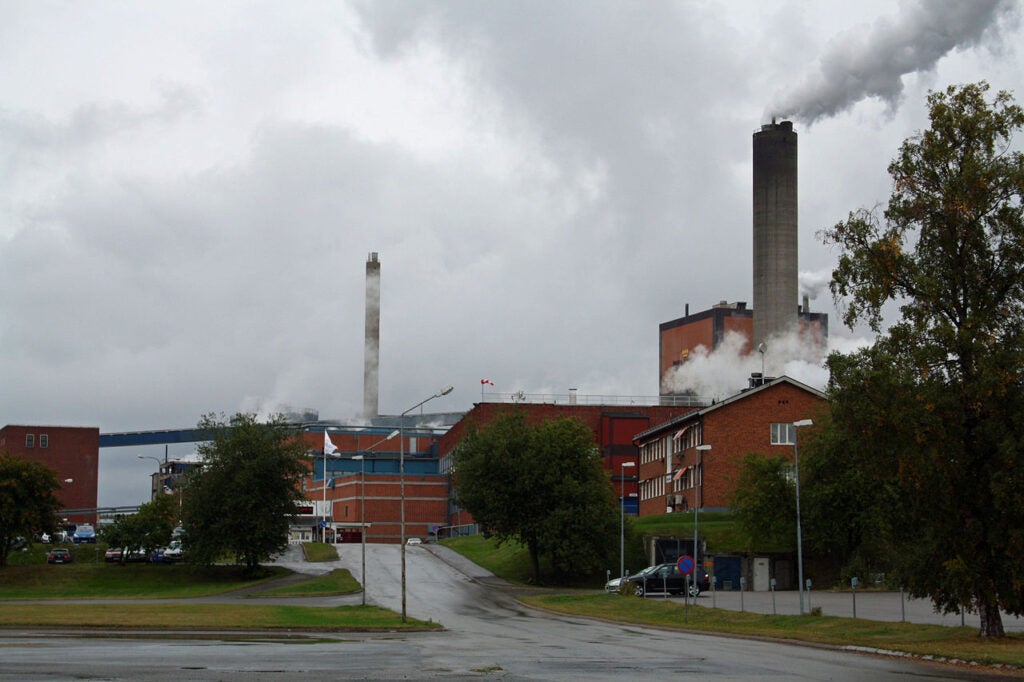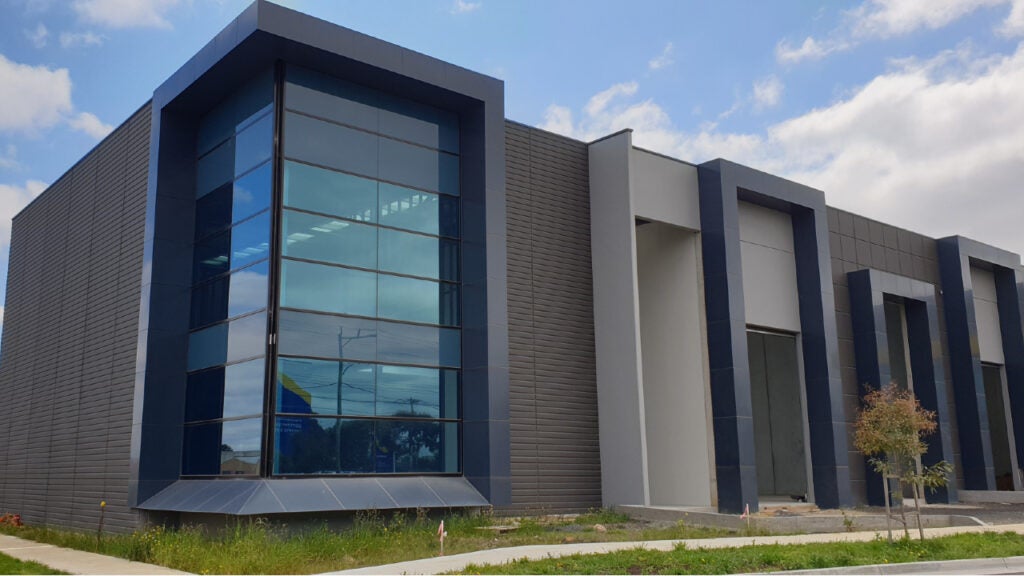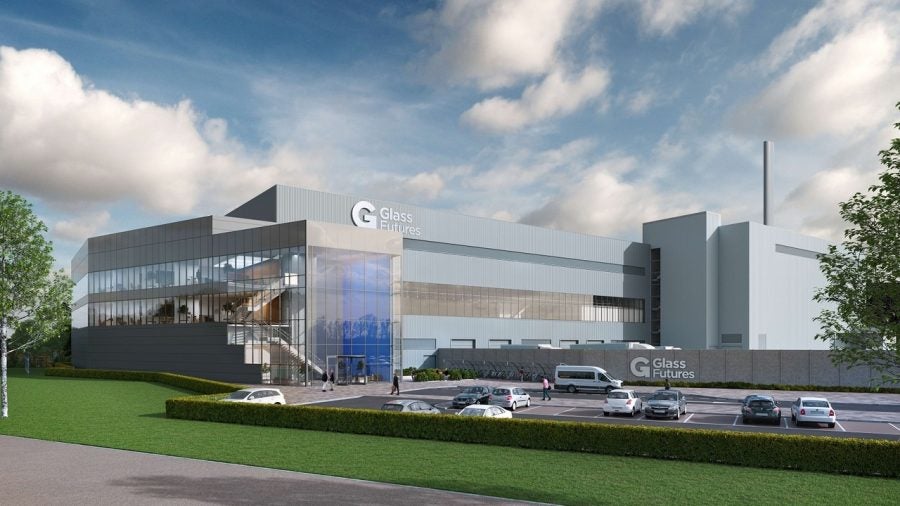Africa’s largest glass manufacturer Consol Glass opened a new bottles manufacturing factory in Nigel, in the Gauteng province of South Africa, in November 2011. It is the first phase of a planned phased development on a greenfield site of 50 hectares.
The glass factory currently has 183 permanent jobs with 30 people required in a shift to operate the continuous bottle making processes.
It currently produces clear glass for beverage markets but will expand to amber and green bottles production for food, alcohol, wine, cosmetics and pharmaceutical industries in future phases. It was established in collaboration with the city of Ekurhuleni.
Consol also processes waste glass at a basic cullet-processing unit at Nigel. The factory complements the company’s facility in Clayville, Midrand, which has a capacity of five million bottles a day.
Construction of Consol’s glass factory
The environmental approval for the first phase of the project was received in February 2009. Works at the site began in April 2010.
Ground broke on the facility in June 2010 and the plant was mechanically completed in August 2011. The glass factory became fully operational in September 2011. The construction site had an average of 1,000 staff a day.
Design and expansion plans for the Nigel-based plant
Nigel site was chosen for its readily available water supply, Eskom substation and Sasol natural gas pipe network. The Nigel glass factory is designed for two furnaces.
It has been installed with a 400t a day furnace in the first phase and has a production capacity of 110,000t/y of glass. Total cost of the first phase project was R1.3bn ($159.8m). The furnace can operate 24 hours and 365 days at 1,500°C temperature. It is designed to have a lifetime of ten years.
Second phase of the project will be based on the market demand in future. It is expected to take about nine months for constructing and commissioning. The estimated cost of this phase is about R600m ($73.7m).
The 400t a day second furnace will increase the annual capacity of the plant by 25%, bringing total production to 220,000t/y. The company will then produce about one million tons of glass a year, which is equivalent to about four billion bottles.
The future expansions will add four more furnaces at the site with a total capacity of 600,000t a year.
Technology used in Consol Glass’ production facility
The plant has incorporated several sustainable elements such as furnace designed to save 20% energy, compressed air and cooling fans and gas-fired annealing ovens. A central furnace control room automates the operations of the furnace and batch plant.
The control rooms consist of programmable logic controller, supervisory control and data acquisition computers and require only two personnel for processes supervision. Consistent glass product is produced by maintaining a glass level of 0.25mm in the furnace.
Emhart Glass of Cham, Switzerland, supplied next-generation individual section (NIS) technology. The ZAR35m bottle-forming machine is the first NIS installation in Africa.
Unlike the traditional machines, which operate on pneumatic technologies, the NIS system uses closed-loop AC servoelectric mechanism. The NIS facilitates precise and repeatable operations.
It has flexibility for speeding up of the production rates and product changes quickly. Servoelectric NIS operation also reduces the energy consumption and noise.
The furnace can melt 400t a day of glass making inputs such as feldspar, limestone and soda ash. The servoelectric NIS bottle-forming machine at the plant has ten independently operating sections configured in a quad god configuration.
It enhances the output of each section by about 33% over the earlier triple god configuration. The machine is, however, initially operating in triple god configuration, producing three bottles from every section simultaneously. It produces 400 bottles in a minute. With the rise in demand, the system can operate in quad god configuration to produce about 500 bottles a minute.
The freshly produced bottles are transferred to an annealing oven for controlled cooling process. Cooling of the bottles for 45 minutes eliminates stress from the hot glass forms.
The annealing oven unit can handle about 18,000 bottles at a time. The ovens are gas fired and further reduce the overall energy consumption of the bottles factory. They also use heat diversion and retention technologies and contribute to energy efficient operations and decrease the emissions.
Contractors and suppliers involved with the South African manufacturing plant
The Consol Nigel factory was designed by Capex Projects. BSM Baker was the structural engineer and civil works consultant.
Meprotech provided the engineering and project management services. Washtech was the mechanical consultant, while Marcus Kneen was the electrical works consultant. W&L Consultants provided the environmental consultation services. The furnace and batch-plant were supplied by Sorg and EME.

